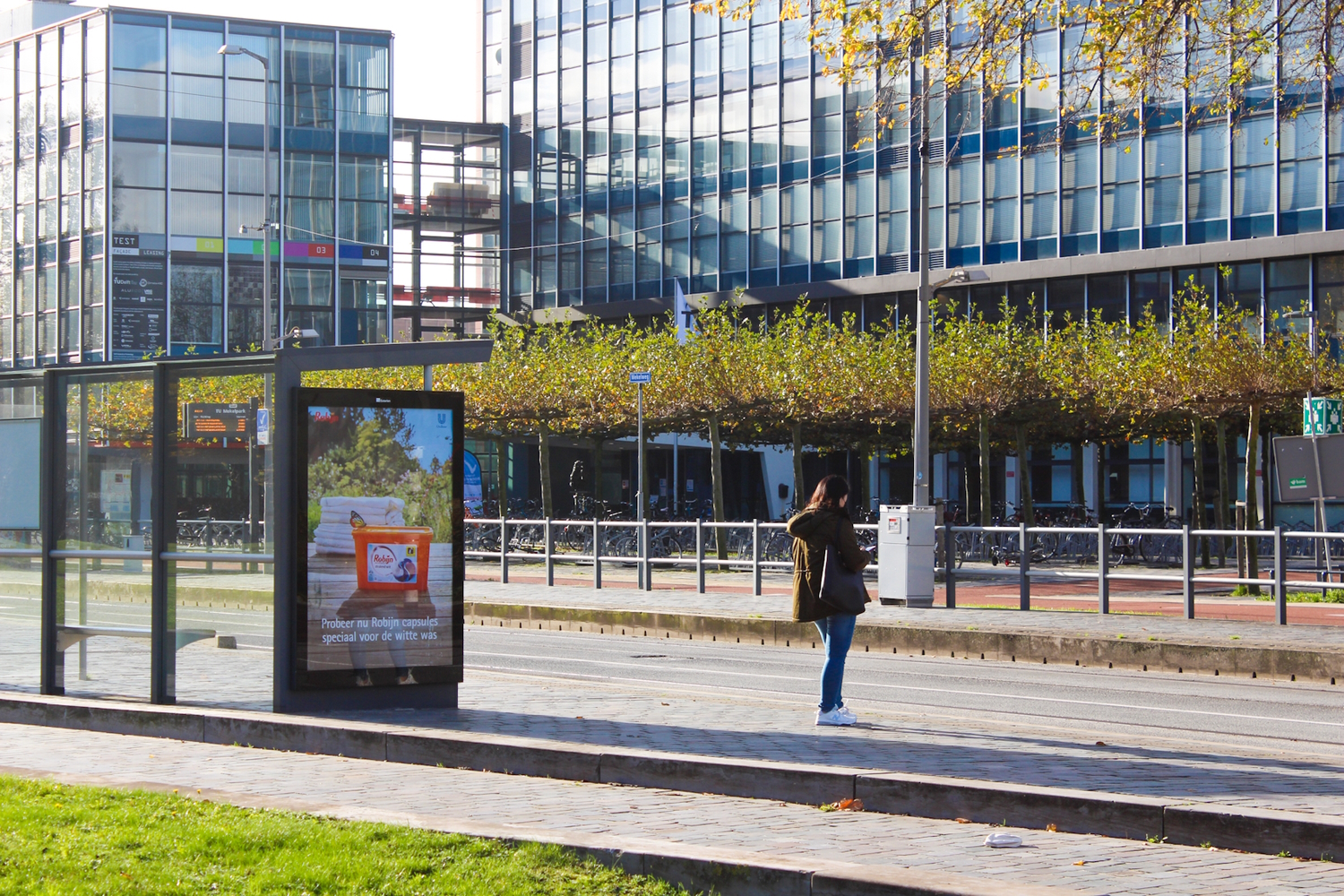The last few months have seen strike after strike in public transport. How did it get this far? Public transport expert Wijnand Veeneman (TPM) explains.
Public transport has been dominated by strikes in recent months. (Photo: Dalia Madi)
Strikes have dominated the regional trains and buses for months, including in Delft. EBS, a transport company that runs bus 69 to campus, went on a strike four days in the first weeks of March.
The reason for the strike was that for months now employees and employers in regional transport have been unable to agree on salary rises and measures to reduce the workload. HTM, the urban transport company that runs tram 1 to The Hague, joined the strike. Their employees fall under a different trade union that has made different agreements about salaries and workload.
A mediator was recently appointed and the different factions are again in discussions. This has postponed the strikes to 2 April, but they are definitely not solved.
How did such long lasting strikes come about? Delta spoke to Dr Wijnand Veeneman, Associate Professor of Organisation and Governance in public transport at the Faculty of Technology, Policy and Management (TPM).
Going on strike is the clearest way to express your dissatisfaction as an employee, says Veeneman. “The law gives people the right to strike, so it is entirely legal.” A more public-friendly protest which would not hinder travellers is harder to arrange. “If you don’t charge travellers, you still have the conductors who can issue fines. They would then have to join the strike too.”
Veeneman says that if you want to understand the strike, you have to understand how regional public transport in the Netherlands is organised. Through a special tender procedure, transport companies state the conditions under which they will run their operations in the next few years. The Government or the transport authority then chooses which company may supply public transport. In Delft, the deciding body is the Metropolitan Region Rotterdam The Hague (MRDH).
‘Transport companies often try to compete on price’
One of the conditions that government authorities and transport authorities take note of is the price. Transport companies thus often try to compete on price. “And the drivers pay the bill. They have tight rosters and few breaks,” says Veeneman.
The tender system has been around for more than 20 years. But the major dissatisfaction among drivers has grown in the last few years. Veeneman believes that this is due to two factors that were the last straw. “The first was Covid, that caused a personnel shortage. The remaining drivers thus have to deal with a higher workload.”
The second factor was the arrival of electric buses. “Electric buses are more expensive to purchase and run than diesel buses. This means that the public transport company has less money available, including for personnel. And they already have a limited financial buffer to pay for higher salaries,” says Veeneman.
Should a transport company want to meet the salary demands of the strikers, it would have difficulty in doing so, says Veeneman. All transport companies such as EBS, Arriva and Transdev, hold joint collective labour agreement negotiations with the trade unions about salaries.
Whether the government wants to pay or not is the question
If a transport company wants more money, it will have to discuss this separately with the transport authority or government of its transport region. But whether they will pay or not is the question, says Veeneman. Transport authorities also want to keep costs down and stick to previous agreements.
A strike offers the transport company the opportunity to demonstrate to the government that there really is something going on among the staff. This can help obtain more money, says Veeneman. “It is also a way to exert pressure. A strike lets a company show that its employees are desperate, and all we can do is acknowledge this.”
The current strikes are in a phase in which trade unions and employers are again in discussion. This was brought about by Rover, a travellers’ association, that suggested a mediator. The discussions are still underway. Whether the strikes will be over after Sunday 2 April is yet to be seen.
Do you have a question or comment about this article?
K.S.vanderWal@tudelft.nl


Comments are closed.